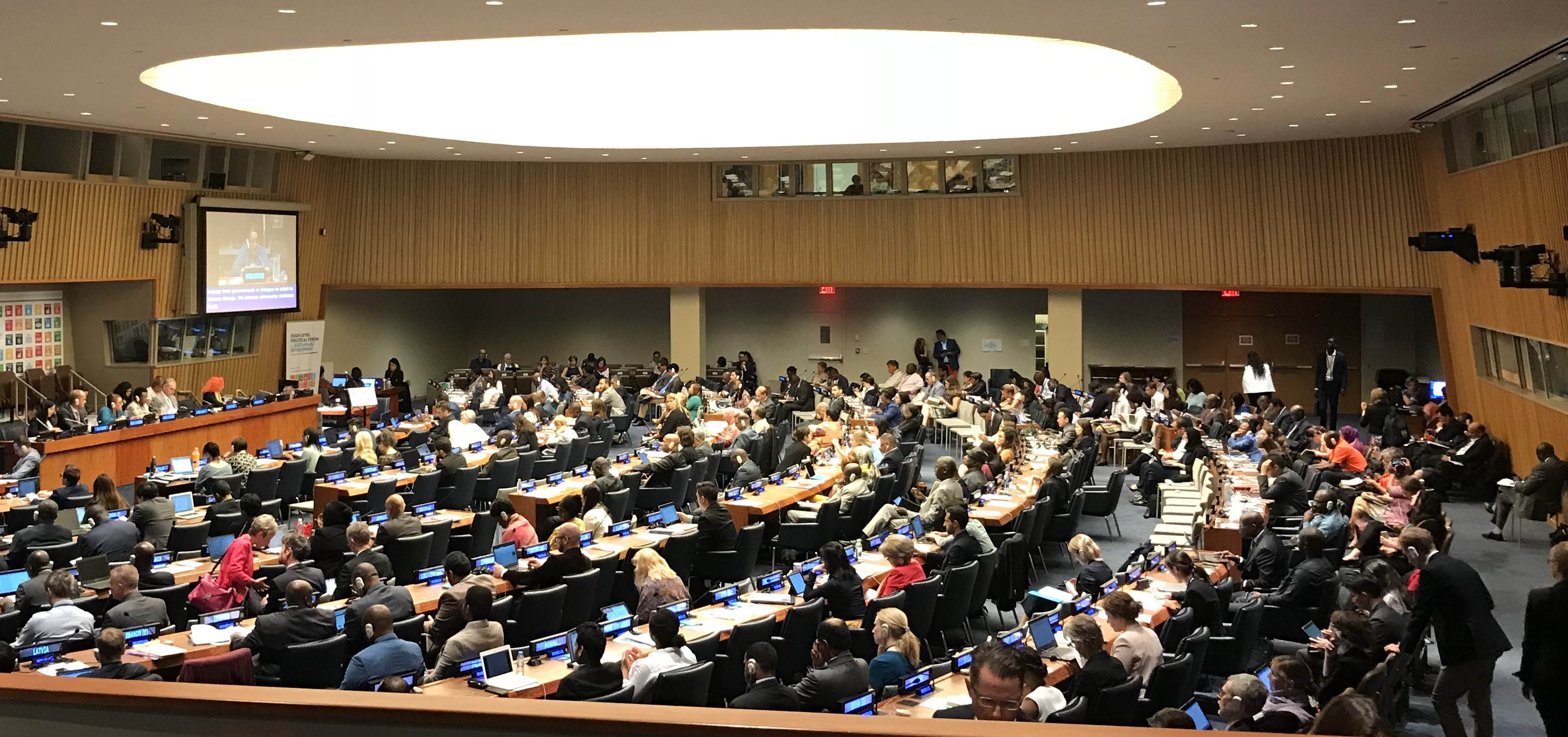Soo Ah Kwon
WORKING THE SYSTEM: YOUTH ACTIVISM INSIDE THE UNITED NATIONS
 Working the System: Youth Activism inside the United Nations analyzes how youth and their advocates co-shaped and challenged key contemporary international policies around sustainable development and peace and security. The study draws on a decade of ethnographic research (2011-2021) of two nonstate actor groups and their engagement in United Nations (UN) meetings at its headquarters in New York and international conferences sites. Professor Kwon’s ethnography investigates how non-state actors took advantage of opportunities for civil society engagement to shape two landmark UN resolutions adopted in 2015: the 2030 Agenda for Sustainable Development, created with the input of non-state actors and agreed upon by member states to guide their actions for the next fifteen years, and the first-ever UN Security Council Resolution 2250 on Youth, Peace, and Security that recognized youth contributions to peacebuilding.
Working the System: Youth Activism inside the United Nations analyzes how youth and their advocates co-shaped and challenged key contemporary international policies around sustainable development and peace and security. The study draws on a decade of ethnographic research (2011-2021) of two nonstate actor groups and their engagement in United Nations (UN) meetings at its headquarters in New York and international conferences sites. Professor Kwon’s ethnography investigates how non-state actors took advantage of opportunities for civil society engagement to shape two landmark UN resolutions adopted in 2015: the 2030 Agenda for Sustainable Development, created with the input of non-state actors and agreed upon by member states to guide their actions for the next fifteen years, and the first-ever UN Security Council Resolution 2250 on Youth, Peace, and Security that recognized youth contributions to peacebuilding.
Social change research in ethnic studies and youth studies often overlooks dominant political institutions, such as the UN, as productive sites of resistance. Professor Kwon’s study is a close examination of how global power is articulated, constituted, and negotiated inside the UN. She documents how activists forged change in the process of advocating for UN resolutions and in their efforts to monitor their progress afterwards. She analyzes how they enabled a narrative shift about youth amongst global leaders as peacebuilders in need of support, as opposed to dominant representations of them as potential perpetrators of violent extremism and terrorism in need of criminalization. Her study examines how while youth efforts to mitigate the devastating effects of global capitalism and environmental destruction by inserting phrases such as “redistribution” and “planetary boundaries” in the final 2030 Agenda—were not successful, they did advance anti-neoliberal and “eco-feminist socialist” positions.
